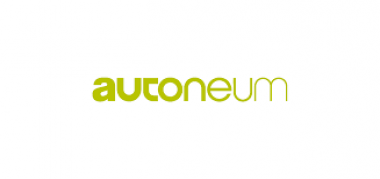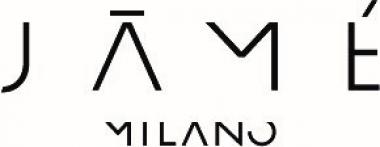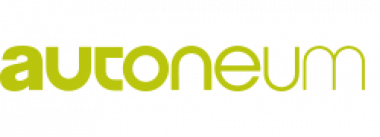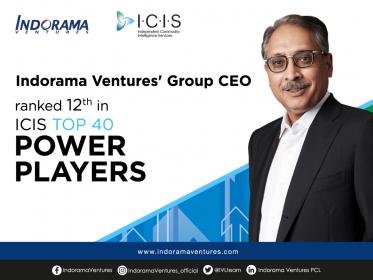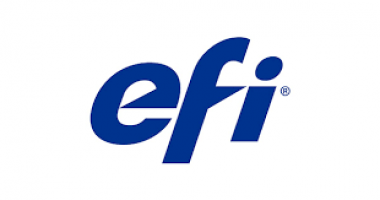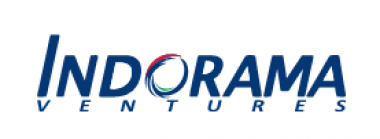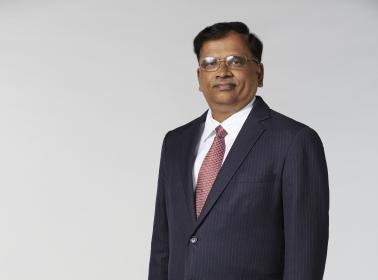2021 financial year: Autoneum grows profitability and earnings in a difficult environment
All four Business Groups contributed to the significant improvement of the Group’s EBIT, which more than doubled by CHF 29.7 million to CHF 57.5 million, corresponding to an EBIT margin of 3.4%. This was achieved despite a slight decline in consolidated revenue to CHF 1.7 billion. Net profit amounted to CHF 30.1 million. In line with Autoneum’s longstanding dividend policy, the Board of Directors proposes a dividend of CHF 1.50 per share for the 2021 financial year.
We saw a number of global challenges again in 2021. The worldwide shortage of semiconductors dampened market development in the automobile industry. Although production volumes were almost the same in 2021, the year was more challenging from an operational perspective than 2020 was; supply chain bottlenecks led to short-term and unplanned production downtime at automotive manufacturers throughout the year. This resulted in frequent interruptions in production at Autoneum as well because of closely connected manufacturing processes. Rising costs for raw materials, energy, and transport presented additional challenges. Despite the challenging environment and weak global production volumes, Autoneum managed to return to profitability in 2021, generating a positive net result. Thanks to further operational improvements and optimization measures in all organizational areas, earnings were improved in all four Business Groups.
- Revenue development influenced by semiconductor shortage
- Operating profit and positive group net result thanks to improvements in all segments
- Net profit and positive free cash flow enable an increase in equity ratio and a further reduction of net debt
- Board of Directors proposes a dividend of CHF 1.50
- Personnel change on the Board of Directors
- Business Groups
- Innovation Leadership for a safe journey towards a climate-friendly future
- 10 years of Autoneum
Outlook
According to market forecasts1), global automotive production will increase by around 9% year-onyear in 2022. The semiconductor shortage is likely to continue for some time into 2023; however, we anticipate that the situation will increasingly stabilize over the course of the financial year 2022 with higher volatility in the first half of the year. Autoneum’s revenue development is expected to be in line with the market. Based on market development, Autoneum is targeting an EBIT margin of 4–5% and free cash flow in the high double-digit million range. In addition to addressing the current semiconductor shortage situation, Autoneum will continue to pursue its consistent implementation of strategic priorities and initiatives. The potential impacts of the current Ukraine crisis on our business cannot be estimated at this point in time.
Further information on the 2021 results as well as the 2021 Annual Report can be found at www.autoneum.com/2022/03/02/2021-annual-results
Autoneum Management AG


